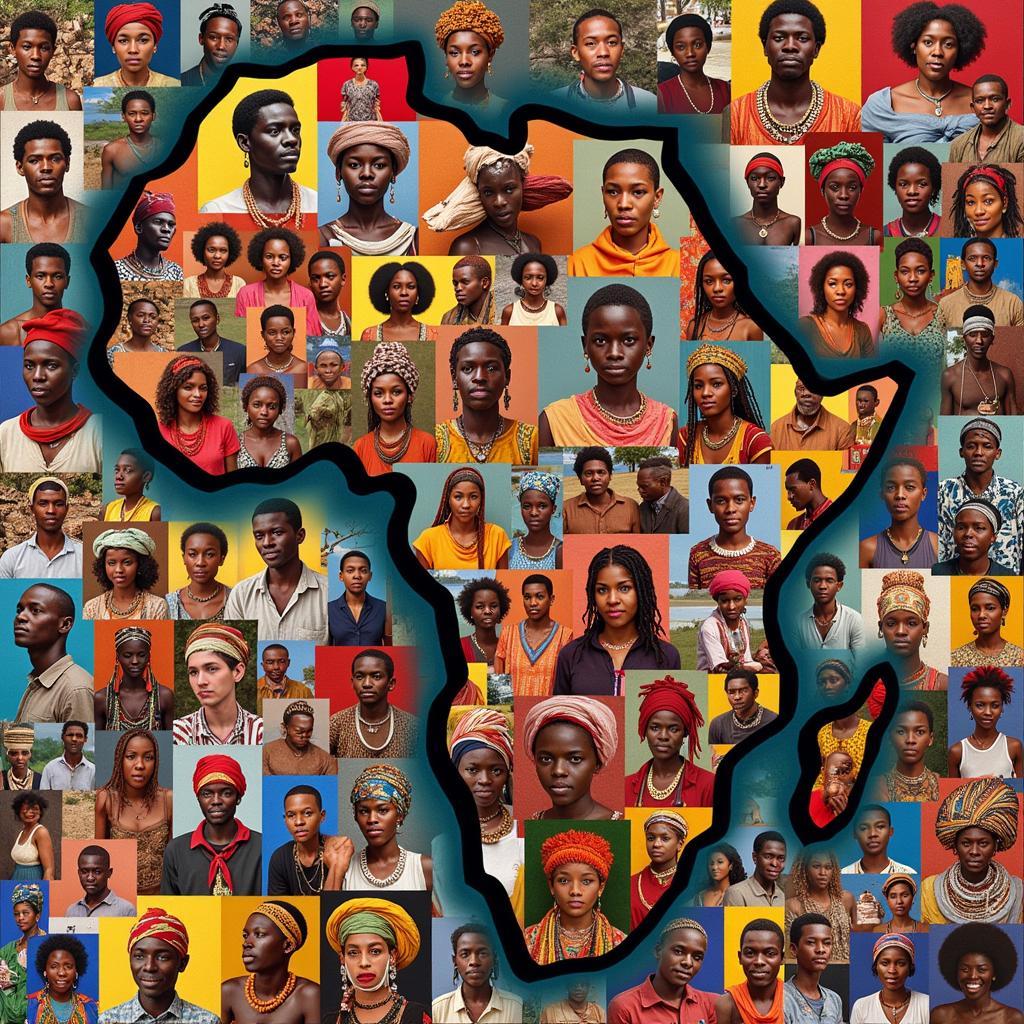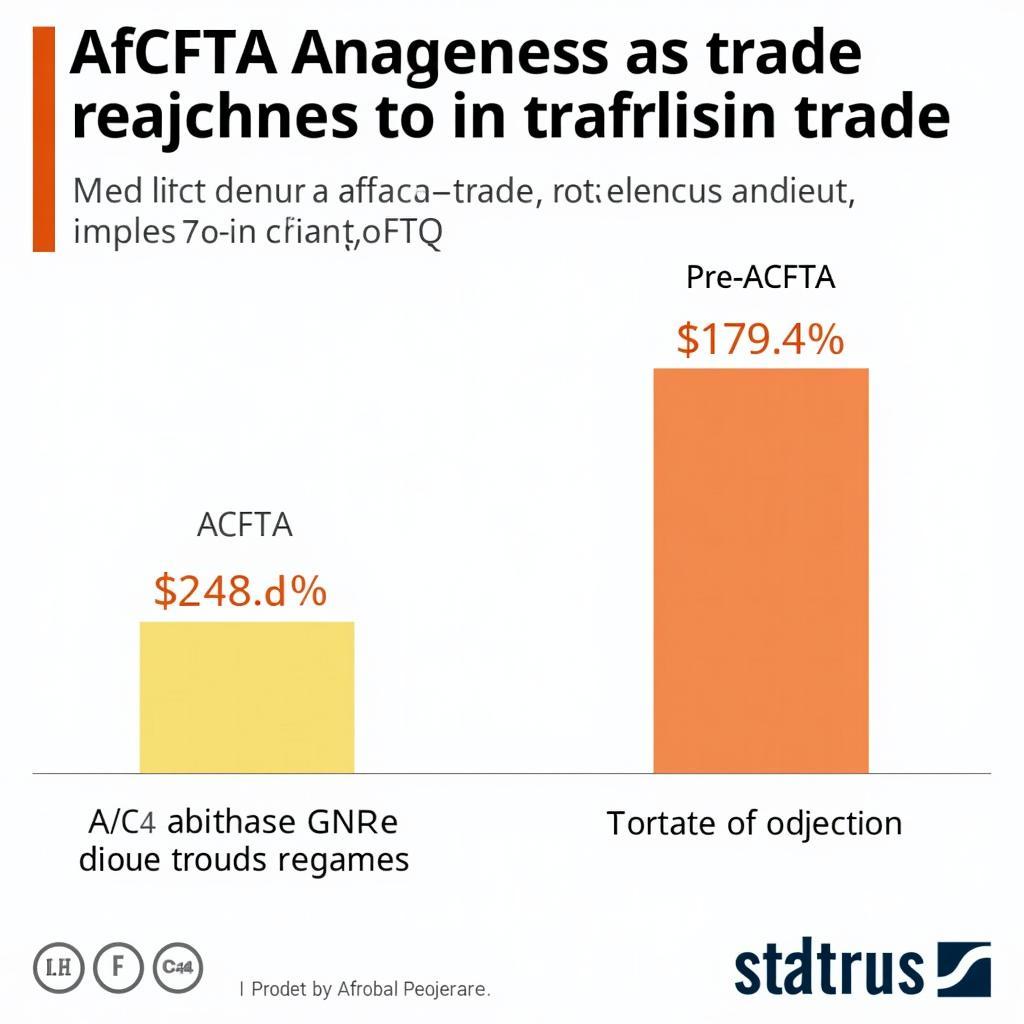African Blood and Coronavirus Resistance: Separating Fact from Fiction
The claim that “African blood” offers some innate resistance to the coronavirus has circulated widely, particularly during the early stages of the pandemic. This assertion, often presented without scientific backing, warrants a closer look. While it’s true that Africa has experienced lower COVID-19 infection and mortality rates compared to other parts of the world, attributing this to “African blood” is a dangerous oversimplification.
Unpacking the Myth of “African Blood”
The concept of “African blood” itself is misleading. Africa, with its vast diversity, is home to thousands of ethnic groups, each with unique genetic makeups. Attributing a single biological characteristic to an entire continent disregards this rich tapestry of human variation.
 Celebrating African Diversity
Celebrating African Diversity
Furthermore, scientific evidence does not support the idea that Africans possess a specific gene or blood type that makes them inherently resistant to COVID-19. While genetic factors can influence disease susceptibility, these are complex interactions that go beyond simplistic notions of race or ethnicity.
Factors Contributing to Africa’s COVID-19 Experience
Several factors likely contributed to the lower-than-expected COVID-19 impact in Africa, including:
- Young Population: Africa boasts a significantly younger population compared to other continents. Since COVID-19 tends to be more severe in older adults, this demographic factor may have played a role.
- Climate and Lifestyle: Some speculate that warmer climates and outdoor lifestyles prevalent in parts of Africa might have slowed the virus’s spread. However, more research is needed to confirm this.
- Prior Experience with Infectious Diseases: Africa’s experience with managing infectious diseases like Ebola and malaria might have contributed to quicker and more effective public health responses.
- Underreporting and Testing Capacity: It’s important to acknowledge the possibility of underreported cases and limited testing capacity in some African countries, which could influence statistics.
Scientific Research and the Importance of Accurate Information
Scientists are continually studying the interplay between genetics and COVID-19 susceptibility. While research has identified certain genetic variants that might influence disease severity, these studies underscore the complexity of the virus and the human immune response.
“It’s crucial to rely on credible scientific evidence when discussing such sensitive topics,” says Dr. Aisha Bah, a Senegalese epidemiologist. “Perpetuating myths about ‘African blood’ can be harmful and detract from the real work being done to understand and combat this pandemic.”
Challenging Misinformation and Promoting Global Solidarity
The spread of misinformation about “African blood” and COVID-19 resistance highlights the need for accurate, culturally sensitive public health messaging.
Instead of clinging to harmful stereotypes, we should focus on promoting global solidarity and evidence-based solutions. This includes supporting equitable access to vaccines, strengthening healthcare systems, and addressing the social and economic disparities that can exacerbate health inequalities.
The COVID-19 pandemic has underscored the interconnectedness of our world. Let’s move forward with a commitment to scientific accuracy and a shared responsibility for global health.




